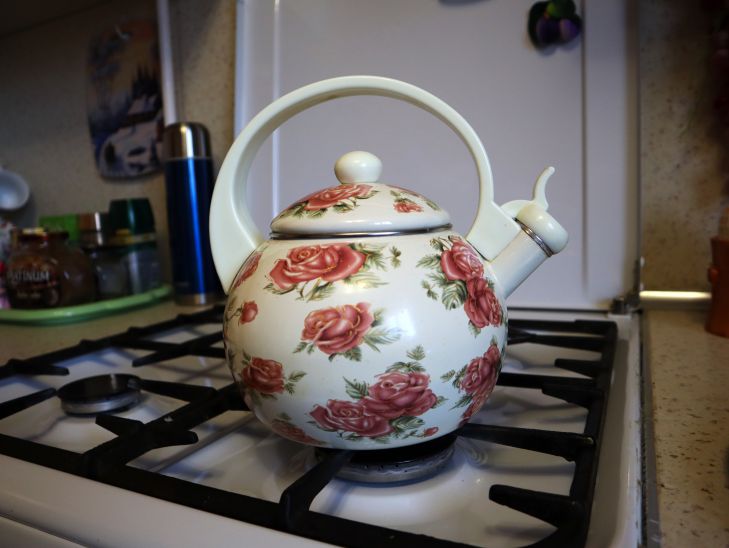How to Prevent Limescale in Your Kettle: Secrets to Crystal Clear Boiling Water
Anyone who has ever encountered white deposits on the walls of a kettle knows how unpleasant this problem can be.
Scale not only spoils the taste of your favorite drink, but also reduces the service life of household appliances.
Fortunately, there are simple and effective ways to combat this enemy of cleanliness and comfort.
Causes of scale formation
The main culprit of scale formation is hard water.
It contains a large amount of calcium and magnesium salts, which settle on the walls of the kettle when heated. The higher the water hardness in the region, the faster the white coating appears.

Water filtration
Using filtered water is considered one of the most effective methods of preventing scale. Filters remove excess salts and impurities from water, making it softer.
For maximum effect, it is recommended to use filter jugs or install a filtration system on the tap.
Boil only the required amount of water
The habit of pouring more water into the kettle than required leads to faster scale formation.
Boil only the amount of water you need. This approach will not only prevent scale build-up, but also save energy.
Regular cleaning of the kettle
Even when using filtered water, a small amount of scale may form. Regularly cleaning your kettle will help prevent scale build-up.
It is enough to boil a solution of citric acid or vinegar in a kettle once a week, and then rinse it thoroughly with clean water.
Magnetic filters
An innovative solution to the scale problem is magnetic filters. They are installed on the bottom of the kettle and create a magnetic field that prevents salts from settling on the walls.
Although the effectiveness of this method is still debated, many users report positive results.
Natural remedies against scale
Natural remedies can also help in the fight against scale. For example, a piece of eggshell placed in a kettle can attract salts, preventing them from settling on the walls.
Some housewives use pieces of seashell or coral for this purpose.
Choosing the Right Kettle
When choosing a teapot, you should pay attention to the material it is made of.
Stainless steel kettles have a lower tendency to form scale than their counterparts made from other materials.
In addition, there are models with an anti-scale coating, which significantly slows down the process of scale formation.
Use of special means
In household chemical stores you can find special products to prevent scale in your kettle.
They are added to the water each time it boils and create a protective film on the walls of the kettle. However, it is important to read the instructions carefully and not exceed the recommended dosage.
Alternative methods of heating water
For those who live in regions with very hard water, an alternative may be to use a thermos or an electric samovar.
These devices usually have built-in filters and cleaning systems, which significantly reduces the risk of scale formation.
Timely replacement of filter elements
If you use water filters, do not forget to change the filter elements in a timely manner.
A clogged or worn-out filter not only fails to purify water, but can also become a source of additional pollution.
